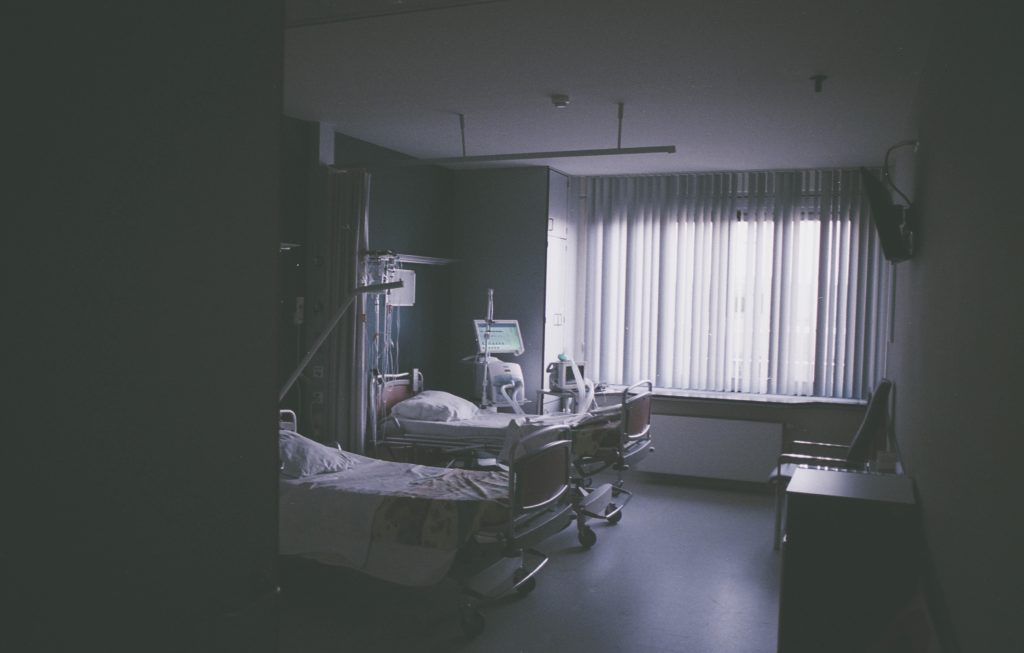
Planning for the Service Needs of a Growing Aging Population
Los Angeles County is home to a vibrant and diverse group of more than two million residents aged 60 and older. By 2030, that number will approach three million, or 28 percent of the county population. To serve older residents, both the county and city of Los Angeles operate Area... Read more

Redesigning Physician Recruitment to Improve Access to Care
The Los Angeles County Department of Health Services (DHS) runs the nation's second-largest municipal health system, annually caring for more than 800,000 patients. But like many cities and communities across the country, DHS is experiencing a shortage of primary care physicians. To counter this deficiency, FUSE Executive Fellow Nancy Villasenor... Read more

Expanding Transfer and Command Center Operations
Los Angeles County’s municipal health system is the nation’s second-largest, annually caring for 600,000 patients at 19 health centers and four hospitals. In the past, the County’s Department of Health Services (DHS) struggled to bring insured patients back from out-of-network hospitals, with 15,000 to 20,000 patients being treated in other... Read more

Transforming Transportation Technology for Communities
The technologies behind such developments as smart infrastructure, ride-sharing, and driverless vehicles are changing how people get around. To prepare for these changes and ensure that all residents benefit, especially those in traditionally underserved communities, the Minneapolis Department of Public Works enlisted help from FUSE Executive Fellow Danielle Elkins. Through... Read more

Communicating Health Services
The Los Angeles County Department of Health Services (DHS) offers emergency, primary, and specialty care, while serving as the healthcare safety net for the county’s most vulnerable residents. Medicaid expansion has increased competitive pressure on the department, which already struggles with outdated public perceptions of the system’s scope and quality.... Read more
Creating an Integrated Service Delivery Model to Improve Public Health
Residents of Long Beach have access to more than 40 programs through the Department of Health and Human Services. These programs address a variety of community health needs, including family planning, HIV care, homelessness, veteran support, and more. But there is no department-wide standard for determining client need or eligibility... Read more

Easing Traffic Conditions for Improved Mobility and Health
In East Palo Alto, the effects of cut-through traffic, congestion, and parking have had serious consequences on the health, safety, and quality of life for residents. In search of solutions, the city hired consultants to conduct a mobility study that provides short-, mid-, and long-term recommendations addressing these issues. To... Read more

Leveraging the Power of the Internet for Equal Access
Thomas supported the City of Richmond’s initiative to build an innovative culture in the Department of Social Services. By adopting civic technology and open data he was able to improve service delivery and access to services and information for employees, non-profit partners, and the city's residents. Thomas developed a regional... Read more

Strengthening Emergency Services
The City and County of San Francisco’s Division of Emergency Communications has 160 public safety dispatchers who collectively provide round-the-clock 9-1-1 emergency assistance. To improve the agency’s management of the complex and fluctuating staffing requirements, FUSE executive fellow Marilyn Varnado worked with the agency to reduce staff scheduling challenges and... Read more
Enhancing Patient Care Through Improved Staffing Practices
The Los Angeles County Department of Health Services (DHS) relies heavily on contract workers, who make up 27 percent of the agency’s workforce. FUSE executive fellow Nichelle Toomire helped the agency understand the associated cost, use, and impact of this workforce, identifying opportunities for efficiencies. She also secured resources for... Read more
